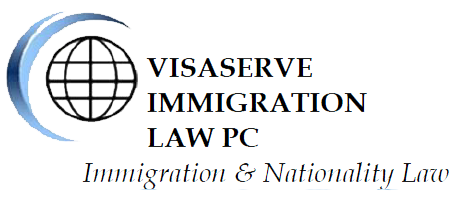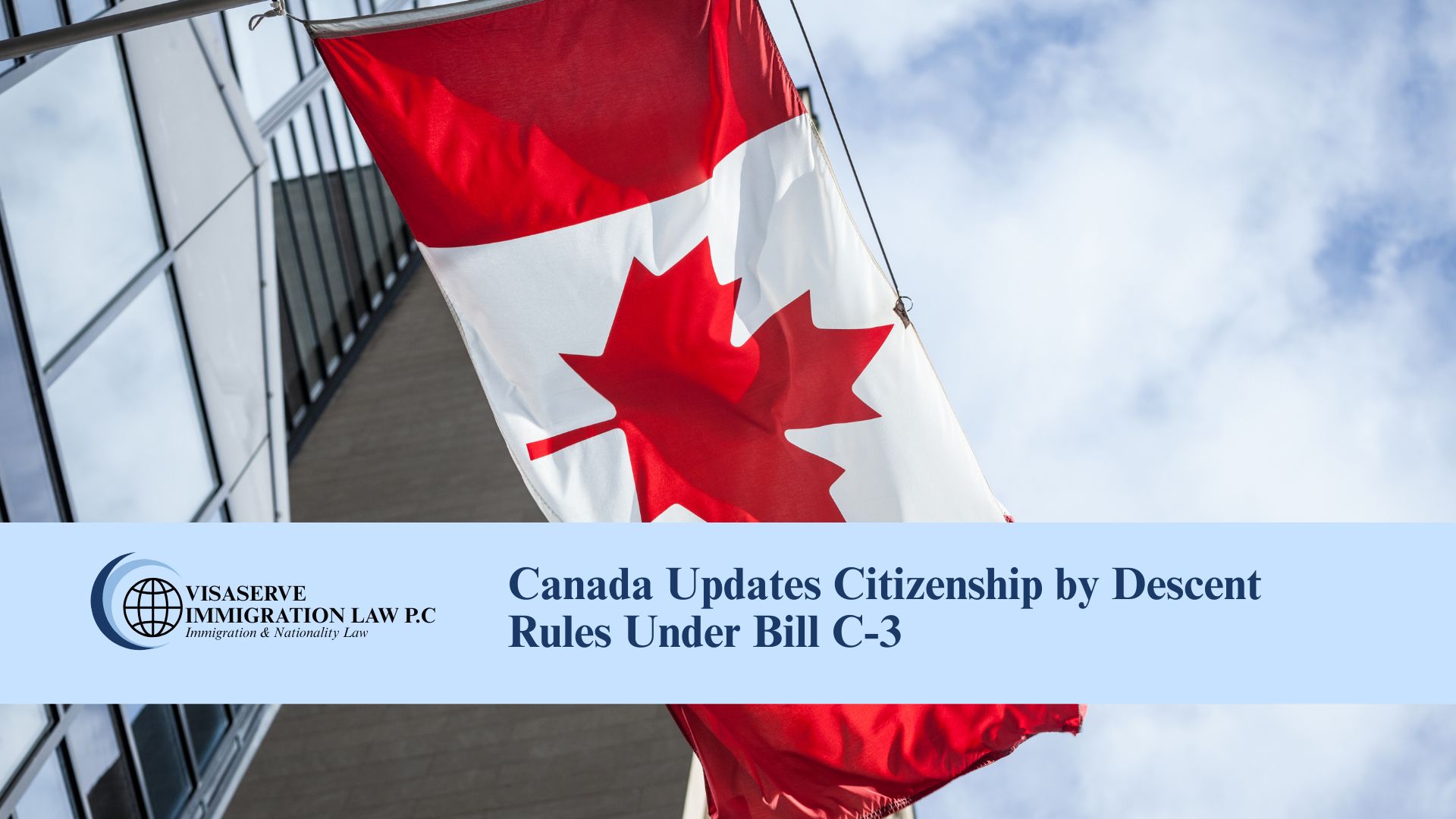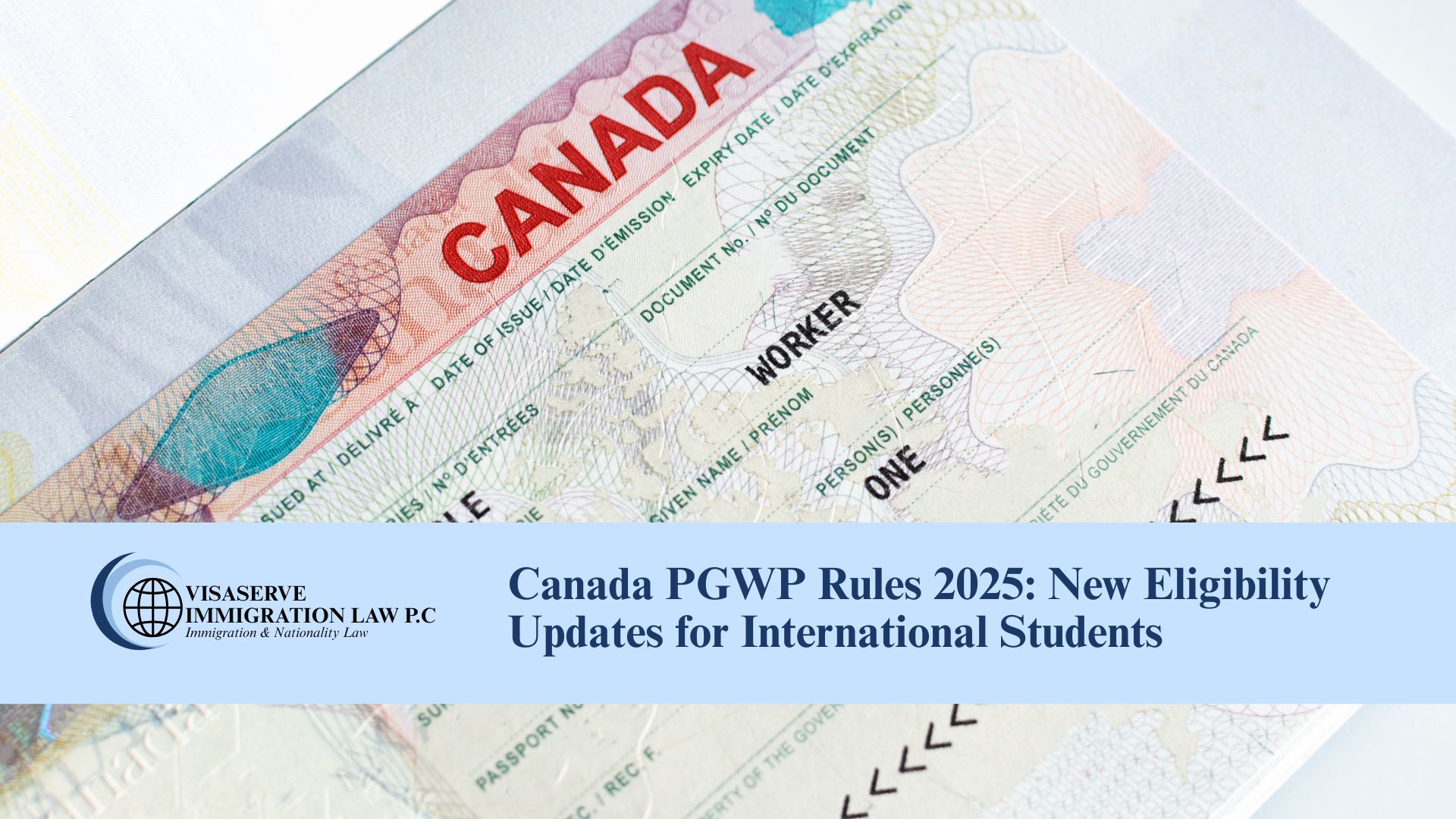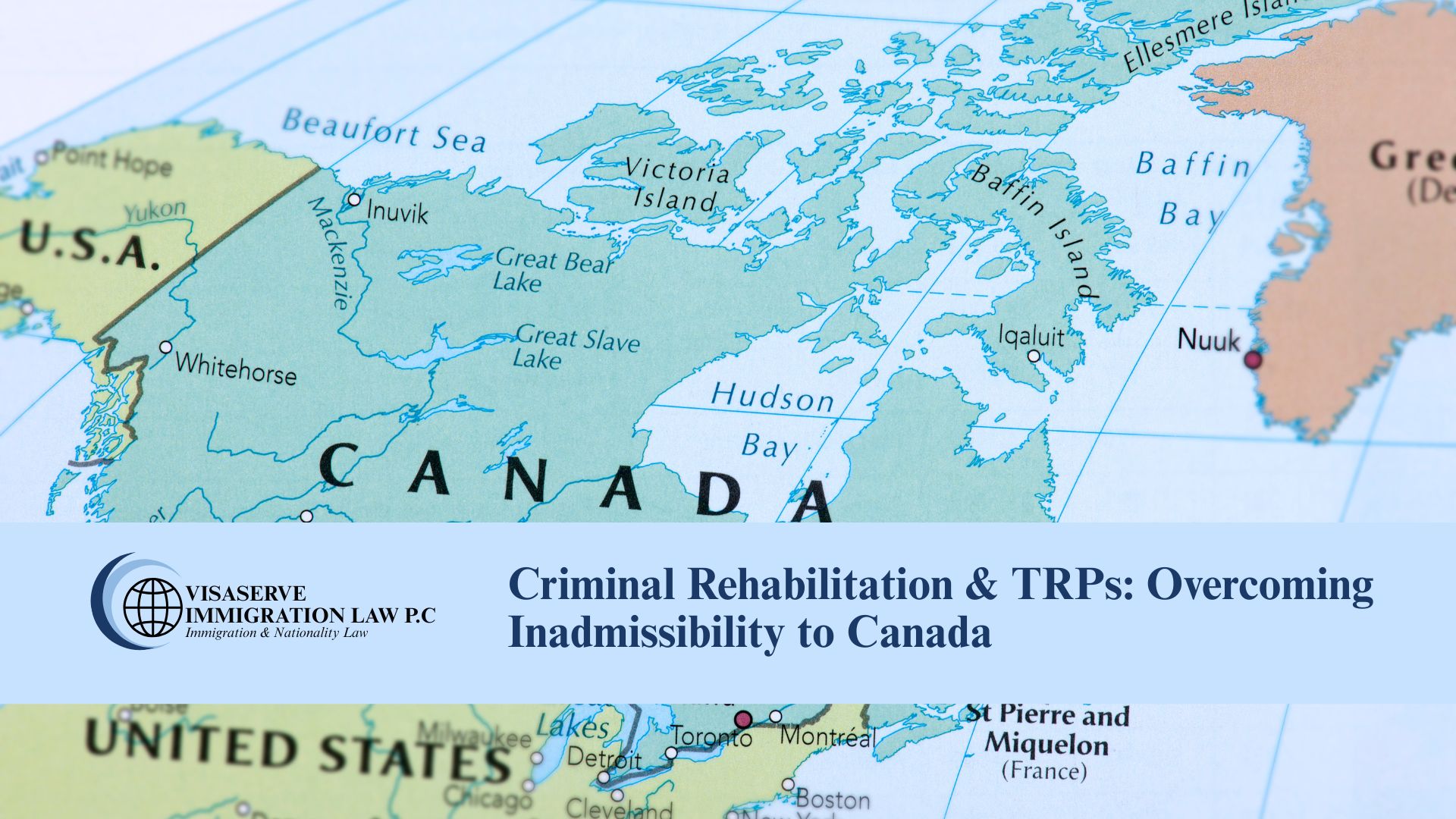With the rapidly evolving immigration landscape in Canada, understanding the conditions and expectations of study permits is crucial for international students planning to study in the country. As of September 25, 2023, a pivotal clarification has been introduced, emphasizing the requirements students need to abide by when altering their designated learning institutions (DLIs).
Clarification on Changing Designated Learning Institutions
Students intending to embark on their post-secondary journey in Canada have the flexibility to switch between institutions or even change their programs within the same institution. This liberty, however, is contingent on there being no constraints or conditions set by their study permit which prevents such alterations.
Nevertheless, frequent changes in institutions or study programs can raise eyebrows. In situations where a student frequently jumps between programs or institutions, and these alterations don’t seem to align with their academic progress or goals, officers will delve deeper. They will evaluate the reasons behind these frequent switches to ascertain whether the student is genuinely pursuing their studies.
The underlying principle here is ensuring students are sincerely making reasonable strides towards acquiring a Canadian credential. If these institutional or program changes seem inconsistent with this objective, there’s a possibility the study permit holder might be deemed non-compliant with their study permit condition.
Notification Requirements for Changing DLIs
It’s of paramount importance for students to keep the Immigration, Refugees, and Citizenship Canada (IRCC) looped in regarding any changes to their DLI. This can easily be done through the MyAccount portal. The nuance lies in the timing of this change:
Before Arrival in Canada & Application In-Progress: If a student decides to change their DLI before setting foot in Canada and while their application is still underway, they need to promptly inform the IRCC.
After Approval & Before Arrival: Now, if the change is made post the study permit approval but before arriving in Canada, the process becomes a tad more complicated. Here, a student is required to submit a fresh study permit application, complete with all applicable fees. Failing to do so could lead to an unpleasant situation where they’re denied entry into Canada.
Pro Tip: It’s advisable for students to hold off on their travel plans until the new application gets the green light. Though, in some scenarios, if students do land in Canada before their new application’s approval, border service officers might review the study permit application at the entry point. However, students would need to present a valid justification for their DLI change made prior to their entry.
Timelines to Watch Out For
Once a student transitions to a new DLI, it’s expected they commence or continue their education at this new establishment within 150 days post concluding their studies at the former institution. If they don’t adhere to this timeline, they have two options:
– Modify their status (e.g., switching to visitor status or worker status).
– Exit Canada.
Non-compliance with these terms will label the student as non-adherent to their study permit conditions.
In Conclusion
Canada’s commitment to fostering international education is evident. However, with privileges come responsibilities. It’s essential for international students to be aware of these conditions and always stay compliant to ensure a smooth academic journey in Canada. If you or someone you know is planning to study in Canada, always keep abreast of the latest updates and regulations to avoid any unwarranted hiccups.
At NPZ Law Group, our U.S. and Canadian lawyers seek to a







